NEW YORK (AP) — On air quality maps, purple signifies the worst of it. In reality, it’s a thick, hazardous haze that’s disrupting daily life for millions of people across the U.S. and Canada, blotting out skylines and turning skies orange.
And with weather systems expected to hardly budge, the smoky blanket billowing from wildfires in Quebec and Nova Scotia and sending plumes of fine particulate matter as far away as North Carolina and northern Europe should persist into Thursday and possibly the weekend.
That means at least another day, or more, of a dystopian-style detour that’s chased players from ballfields, actors from Broadway stages, delayed thousands of flights and sparked a resurgence in mask wearing and remote work — all while raising concerns about the health effects of prolonged exposure to such bad air.
The weather system that’s driving the great Canadian-American smoke out — a low-pressure system over Maine and Nova Scotia — “will probably be hanging around at least for the next few days,” U.S. National Weather Service meteorologist Bryan Ramsey said.
“Conditions are likely to remain unhealthy, at least until the wind direction changes or the fires get put out,” Ramsey said. “Since the fires are raging — they’re really large — they’re probably going to continue for weeks. But it’s really just going be all about the wind shift.”
Across the eastern U.S., officials warned residents to stay inside and limit or avoid outdoor activities again Thursday, extending “Code Red” air quality alerts in some places for a third-straight day as forecasts showed winds continuing to push smoke-filled air south.
The smoke has moved over Greenland and Iceland since June 1, and was expected to reach Norway on Thursday, the Norwegian Climate and Environmental Research Institute said, but wasn’t expected to be a health concern.
In Washington, D.C., Mayor Muriel Bowser ordered schools to cancel outdoor recess, sports and field trips Thursday. In suburban Philadelphia, officials set up an emergency shelter so people living outside can take refuge from the haze.
New York Gov. Kathy Hochul said the state was making a million N95 masks — the kind prevalent at the height of the COVID-19 pandemic — available at state facilities, including 400,000 in New York City. She also urged residents to stay put.
“You don’t need to go out and take a walk. You don’t need to push the baby in the stroller,” Hochul said Wednesday night. “This is not a safe time to do that.”
The message may be getting through. So far, officials said Wednesday, New York City has yet to see an uptick in 911 calls related to respiratory issues and cardiac arrests.
More than 400 blazes burning across Canada have left 20,000 people displaced. The U.S. has sent more than 600 firefighters and equipment to Canada. Other countries are also helping.
Canadian Prime Minister Justin Trudeau spoke to President Joe Biden by phone on Wednesday. Trudeau’s office said he thanked Biden for his support and that both leaders “acknowledged the need to work together to address the devastating impacts of climate change.”
Canadian officials say this is shaping up to be the country’s worst wildfire season ever. It started early on drier-than-usual ground and accelerated quickly. Smoke from the blazes has been lapping into the U.S. since last month but intensified with recent fires in Quebec, where about 100 were considered out of control Wednesday.
“I can taste the air,” Dr. Ken Strumpf said in a Facebook post from Syracuse, New York, where the sky took on the colorful nickname of the local university: Orange.
The smoke was so thick in Canada’s capital, Ottawa, that office towers just across the Ottawa River were barely visible. In Toronto, Yili Ma said her hiking group canceled a planned hike this week, and she was forgoing the restaurant patios that are a beloved summer tradition in a nation known for hard winters.
“I put my mask away for over a year, and now I’m putting on my mask since yesterday,” Ma lamented.
Eastern Quebec got some rain Wednesday, but Montreal-based Environment Canada meteorologist Simon Legault said no significant rain is expected for days in the remote areas of central Quebec where the wildfires are more intense.
In the U.S., federal officials paused some flights bound Wednesday for New York’s LaGuardia Airport and slowed planes to Newark and Philadelphia because smoke was limiting visibility.
Major League Baseball’s Yankees and Phillies had their games postponed. On Broadway, “Hamilton” and “Camelot” canceled Wednesday performances and “Prima Facie” star Jodie Comer left a matinee after 10 minutes because of difficulty breathing. The show restarted with an understudy, show publicists said.
It was not to be at Central Park’s outdoor stage, either. Shakespeare in the Park canceled its Thursday and Friday performances of “Hamlet,” saying ’tis not nobler in the mind to suffer the slings and arrows of wretched air.
Copyright 2021 Associated Press. All rights reserved.






















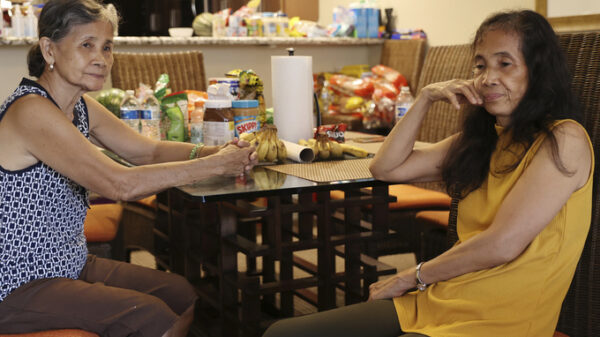
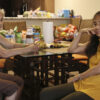


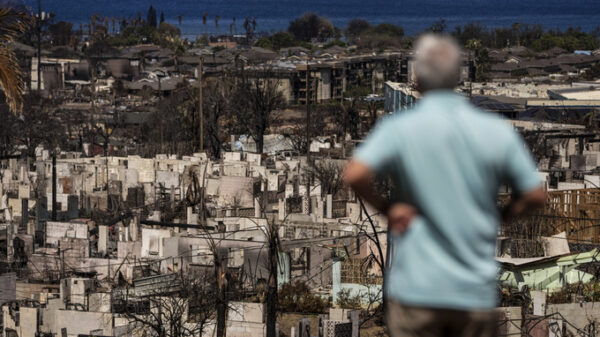
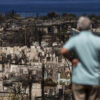
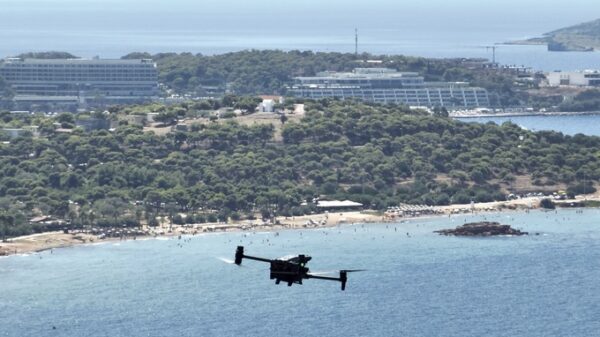
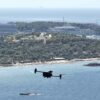
You must be logged in to post a comment Login